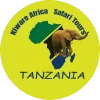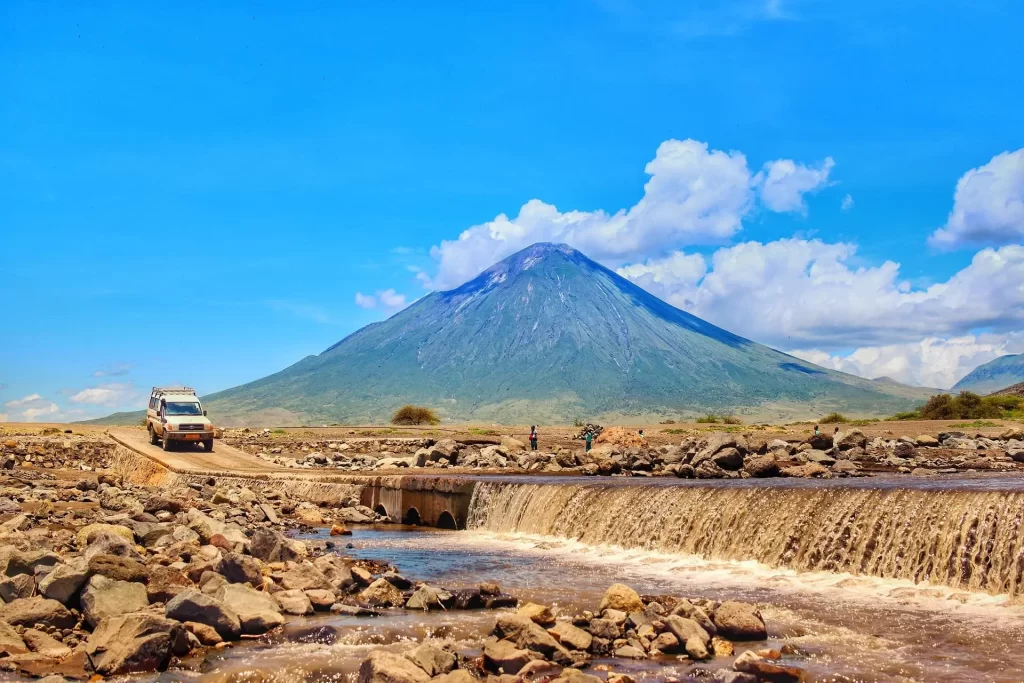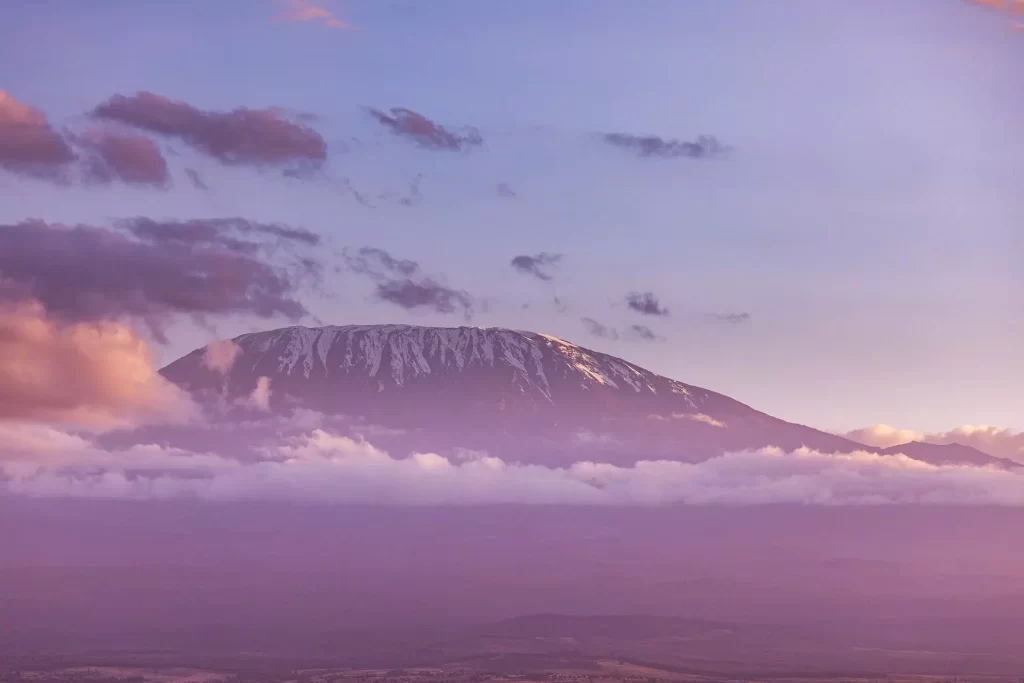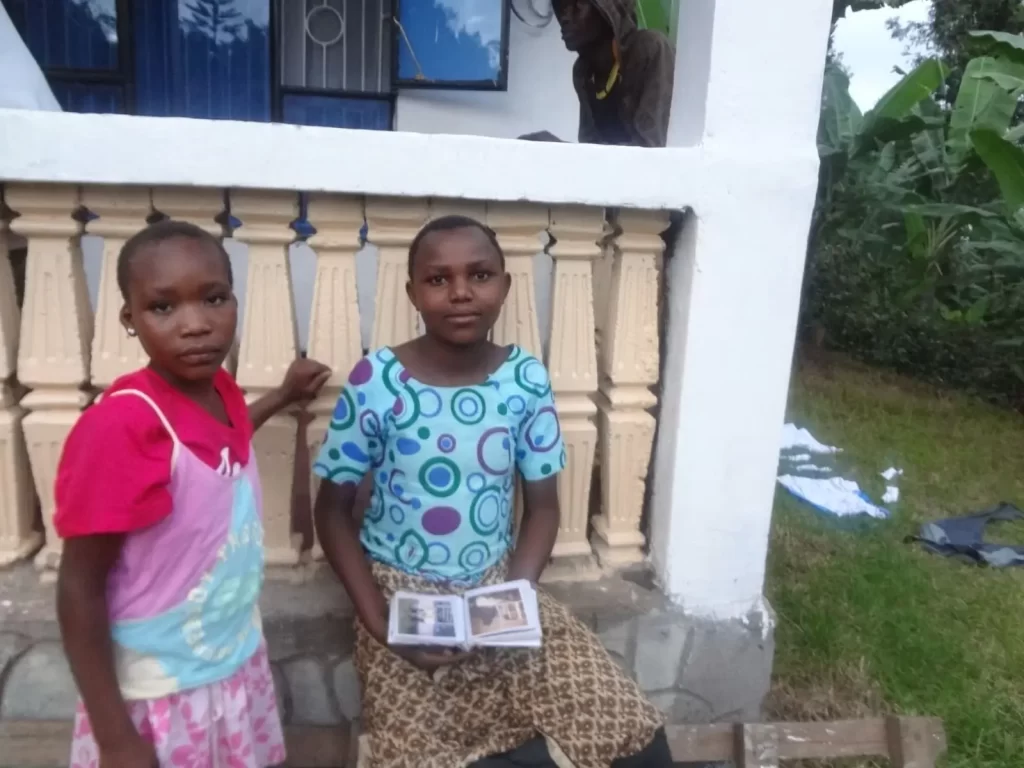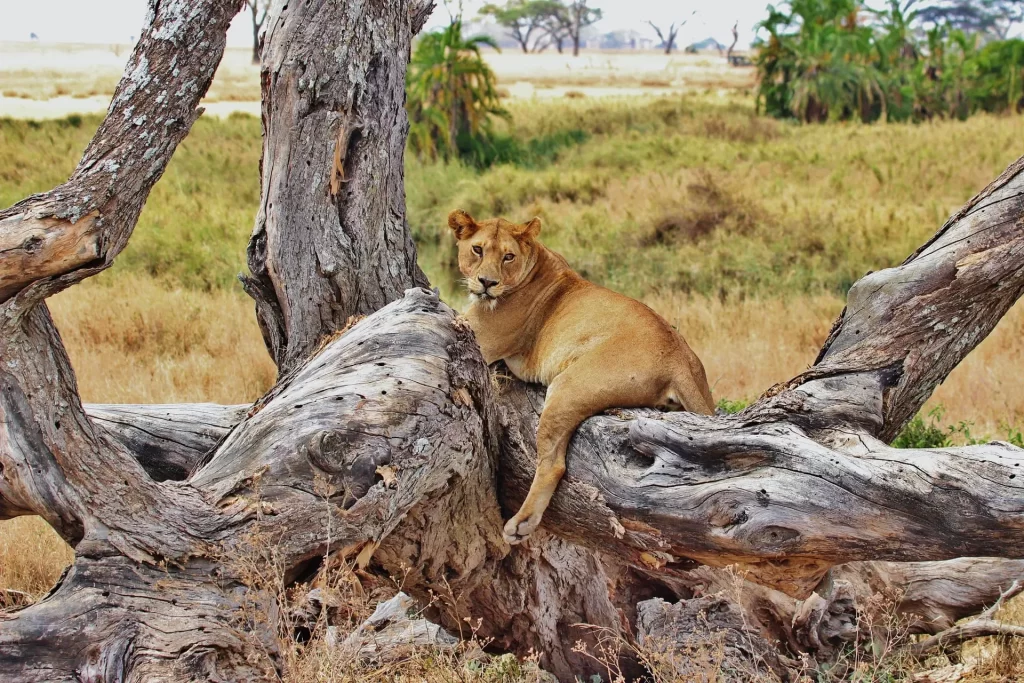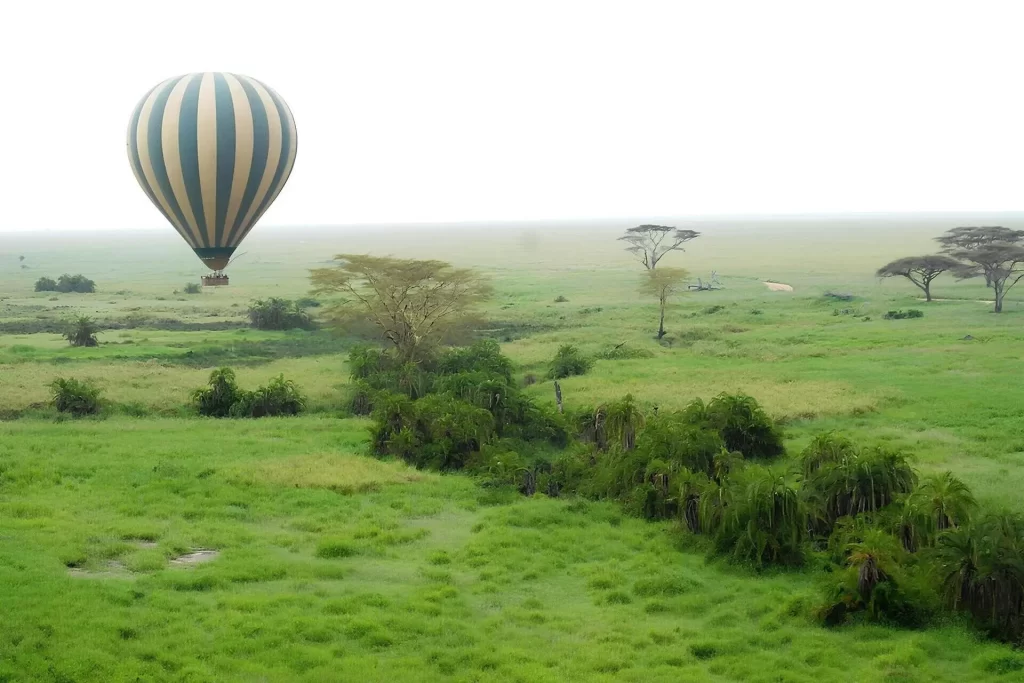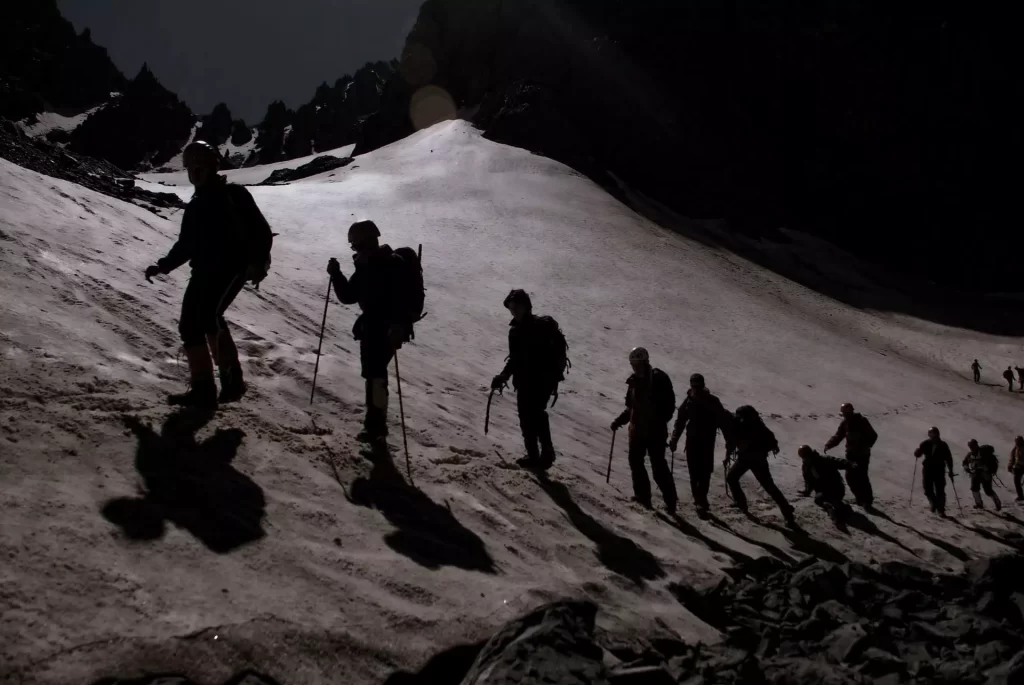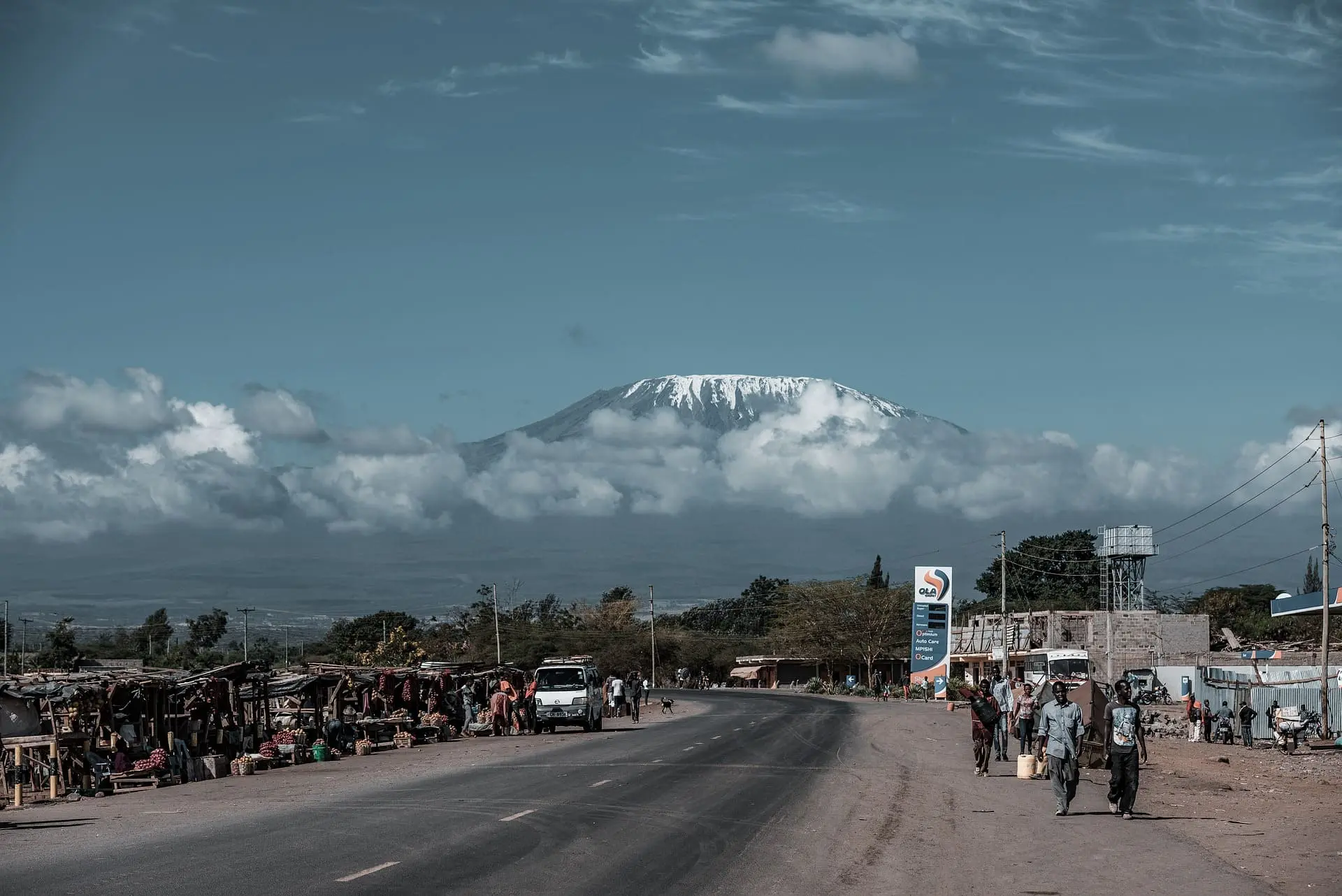
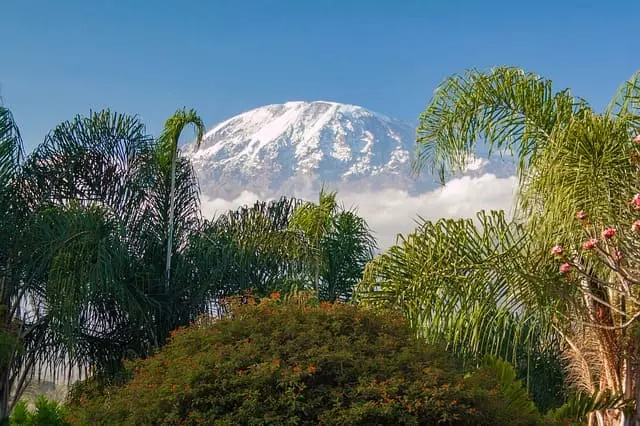
Overview
The Umbwe route is one of the longest routes from Kilimanjaro. It starts in the rainforest and runs parallel to the Macham Trail reaching Barranco Camp at 3800m.
Climbing Umbwe allows you to see all climate zones from the tropical rainforest of Kilimanjaro to the famous glacier. Umbwe is the shortest route to Uhuru Peak due to its steep slope but a well-chosen camp is always suitable for acclimatization.
Tourists generally dislike this route because the physical requirements and acclimatization experience to successfully reach the top are too high. I recommend climbing Kilimanjaro via the Umbwe route. But it is a very interesting route and a real challenge for experienced climbers.
Trekking From Umbwe Gate To Umbwe Camp
Your guide and mountain support staff will arrive at your hotel in the morning to meet you and give a briefing after which you will be driven to the entrance to Kilimanjaro National Park: Umbwe Gate (1640m). After registering with an mountaineering permit and search and rescue service the group will begin the trek to your first campsite: Umbwe Camp (2930m).
This will be a long day of hiking with lots of elevation gain so dont rush it. Its important to find the right pace for your group and stick to it for the rest of the trip. You should also remember to bring a raincoat: the route involves walking through rainforests where tropical rain is likely.
When you arrive at the camp our professional mountain staff will prepare everything necessary set up your tent and prepare dinner for you. This will be your first day at altitude so from this moment on it is recommended that you pay attention to the following instructions:
Most climbers take Diamox in the morning before starting their climb to reduce discomfort associated with altitude sickness. We recommend that you consult your doctor before traveling to rule out possible allergies.
At night you may feel uncomfortable with high altitude acclimatization: your body receives less oxygen than during the day because the breathing pattern is reduced during the waking hours. You may feel uncomfortable due to altitude and may get headache. Pay attention to your body and let your guide know if you experience any symptoms of altitude sickness.
Change in Elevation:
Trekking From Umbwe Camp To Barranco Camp
Wake up early for breakfast then start trekking to Barranco Camp. The rainforest will soon give way to the jungle and if the weather is not too cloudy you will be able to see Mount Meru for the first time. Umbwe route is of medium length and by lunchtime you will reach Barranco Camp (3960m) in a huge volcanic fault. Lunch is served here and you have the opportunity to relax for the rest of the day which makes the acclimatization process much easier.
Change in Elevation:
Trekking From Barranco Camp To Karanga Camp
Wake up early have breakfast and start climbing the barranco walls. (We recommend leaving camp as early as possible to avoid crowds from other groups.) Climbing up the canyon walls is not difficult and only takes about an hour. After climbing you can rest and take photos in front of Kibo Volcano.
We begin the more difficult climb to Karanga camp with many ups and downs along the way. But dont worry. Our guides are experts in their field. Choose the right pace for your group. A hot meal is provided upon arrival at the camp. After a few hours you will reach back to the camp completing the 200 meter climb towards Barapu Camp.
Note: The acclimatization hike is a gentle hike with slight elevation gains to speed up the acclimatization process. You have to take climbing very seriously. It increases your chances of successfully reaching the summit of Kilimanjaro and protects you from altitude sickness. Trek from Baranco Camp to Karanga Camp.
Change in Elevation:
Change in Elevation:
Trekking From Karanga Camp To Barafu Camp
After breakfast the trek begins towards Parafu Summit Camp (4640 m) which is the starting point for the evening at Uhuru Peak (5895 m). Our team will set up camp for you in advance with tents and sleeping bags so you can relax. After regaining your strength you will complete the acclimatization climb to the intermediate level Kosovo Peak Camp (4800m) and then return to Baravu Camp where you can enjoy a hot dinner. It is best to rest and sleep for the rest of the day before reaching the summit at night.
Trekking from Karanga Camp to Barafu Camp.
Change in Elevation:
Acclimatization hike.
Change in Elevation:
Ascent To Uhuru Peak And Descent To Millennium Camp
Depart Barafu Camp (4640m) overnight and begin your ascent to Kilimanjaro: Uhuru Peak (5895m). The climb is technically very easy. But the best part is the high altitude. Each pair of climbers has a personal guide throughout the climb to monitor their physical and mental condition. After successfully climbing the Uhuru peak you can descend into the nearby glacier if you wish. Then return to Barafu Camp. After a 2-hour rest we continue our descent to Millennium Camp (3820m).
Note: Don’t forget that 90% of all accidents occur during the descent, including all broken arms and legs. Take care of your feet as there is a risk of damaging your nails.
Change in Elevation:
Descent From Millennium Camp To Mweka Gate
The camp is located in the rainforest. When you wake up you will feel the relief of having lost altitude and the satisfaction of having reached the top. After a hot breakfast proceed to the park exit at Mweka Gate (1650m). After the descent the whole group gets together to celebrate and we give you the opportunity to share your thoughts about the climb through our guest book. Finally our office will give you a commemorative certificate and take you to your hotel.
Change in Elevation:
Our guides
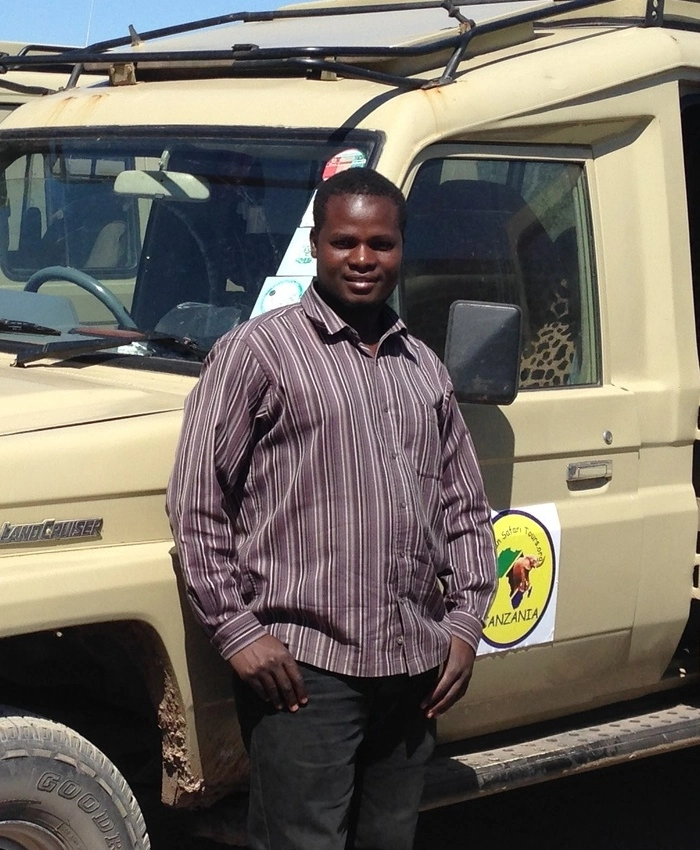
Harry
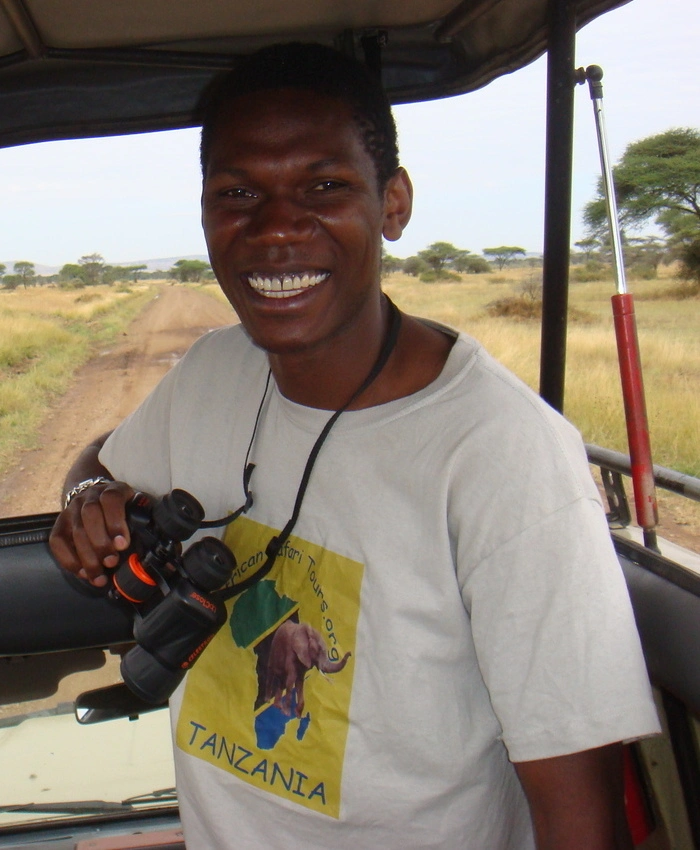
Ombeni
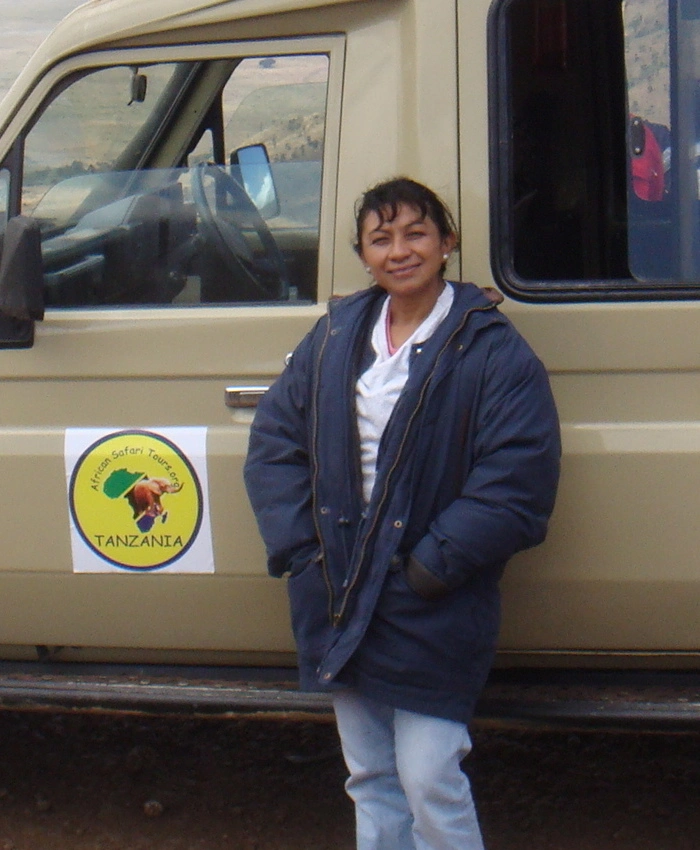
Ayanna
Satisfied Customers
Tanzania gallery
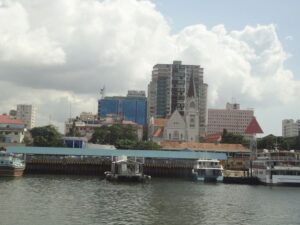
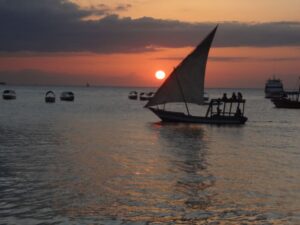
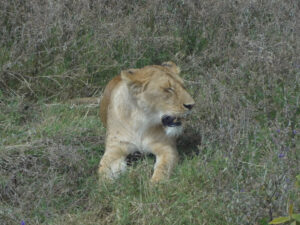
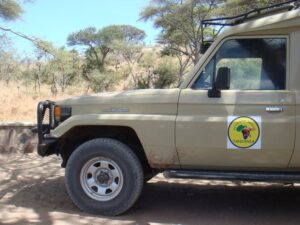
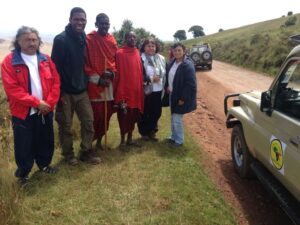
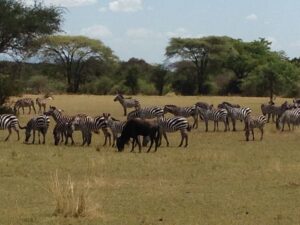
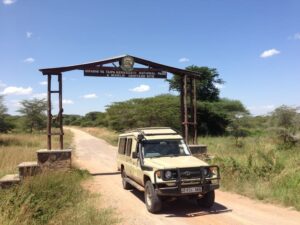
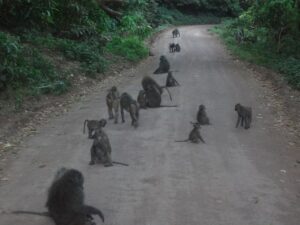

You May Like
Mount Kilimanjaro Details
Mount Kilimanjaro Climbing Routes and Rates.
Kiware School Project
5 Days: Serengeti National Park Tanzania
9 Days: Serengeti Safari Packages
3 Days: Ngorongoro Conservation Area
10 Days African Adventure Explore
7 Days: Lemosho Route
6 Days: Machame Route
Day trip to Ngorongoro
Itinerary Highlights
Unforgettable journey through Tanzania, a country rich in cultural heritage and historical significance. Our Cultural & Historical Tour is designed to immerse you in the diverse traditions, customs, and historical landmarks that define this beautiful nation.
From ancient archaeological sites to vibrant local communities, this tour offers a comprehensive exploration of Tanzania’s past and present.
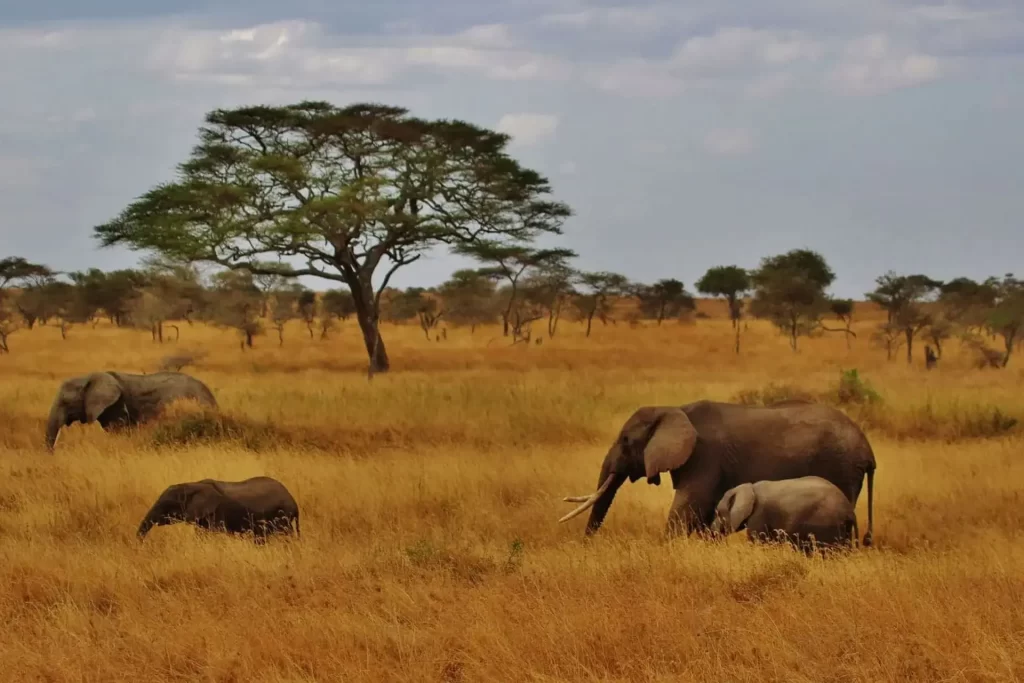
Dar es Salaam: The Gateway to Tanzania
Begin your adventure in Dar es Salaam, the largest city in Tanzania. Visit the National Museum, which houses artifacts from the prehistoric era to modern times, including items from the famous Olduvai Gorge.
Explore the vibrant markets such as Kariakoo Market, where you can experience local life and shop for traditional crafts.
Bagamoyo: A UNESCO World Heritage Site
Travel to Bagamoyo, a historic coastal town that was once a significant port for slave trade and ivory exportation.
Visit the Bagamoyo Arts and Cultural Institute and learn about the town’s history through guided tours of its colonial architecture and museums.
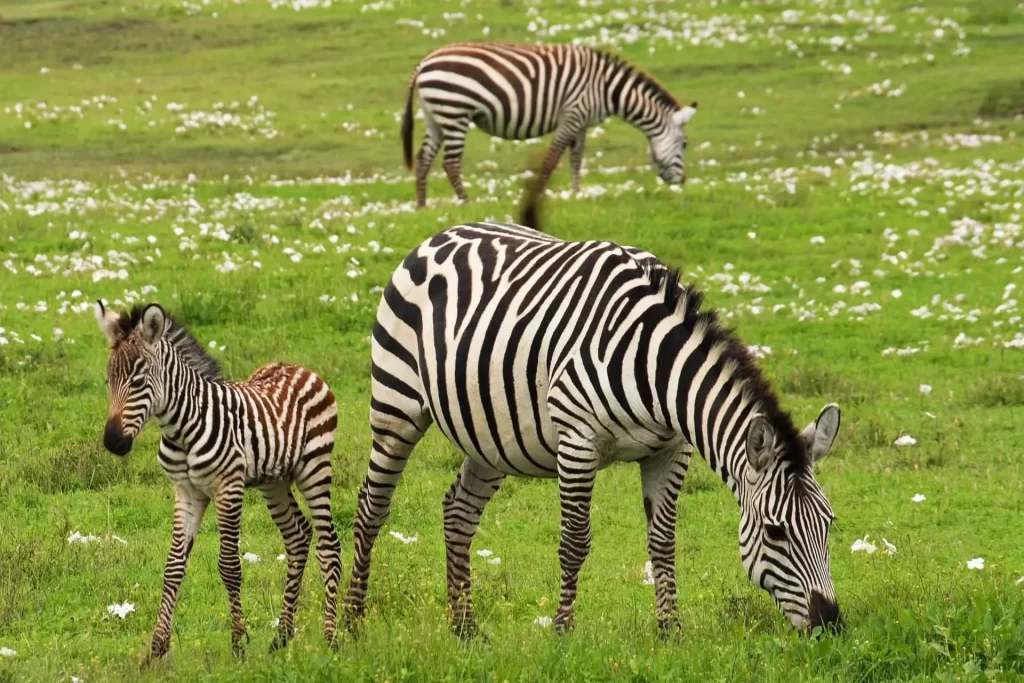
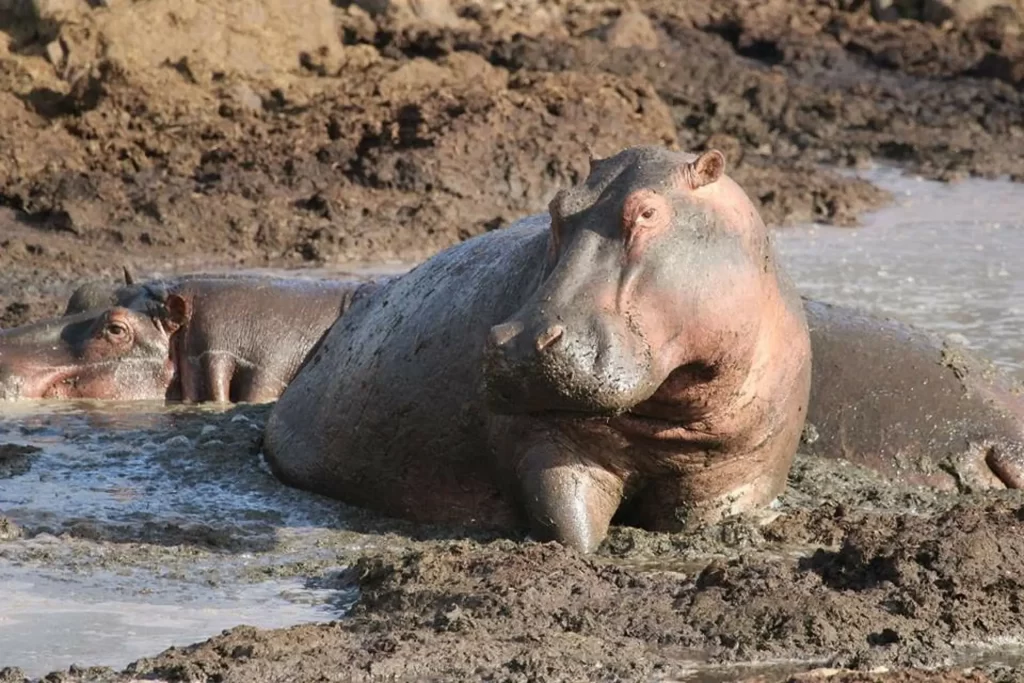
Stone Town, Zanzibar: A Melting Pot of Cultures
Fly or ferry to Zanzibar Island and explore Stone Town, another UNESCO World Heritage Site known for its winding alleys and rich history influenced by Arab, Persian, Indian, and European cultures.
Visit the House of Wonders (Beit el-Ajaib) and the Old Fort to understand Zanzibar’s role in trade networks across the Indian Ocean.
Arusha: The Cradle of Humanity
Visit Arusha National Park where you can see some of Tanzania’s stunning landscapes while learning about early human history at nearby archaeological sites like Olduvai Gorge.
Engage with local historians who will share insights into Tanzania’s ancient civilizations.
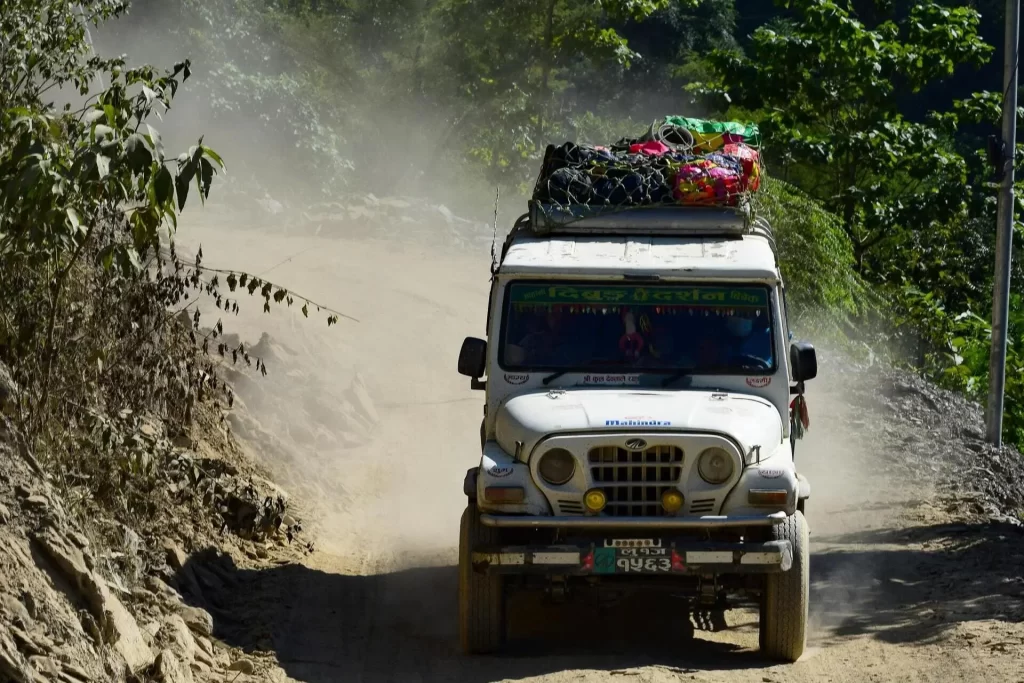
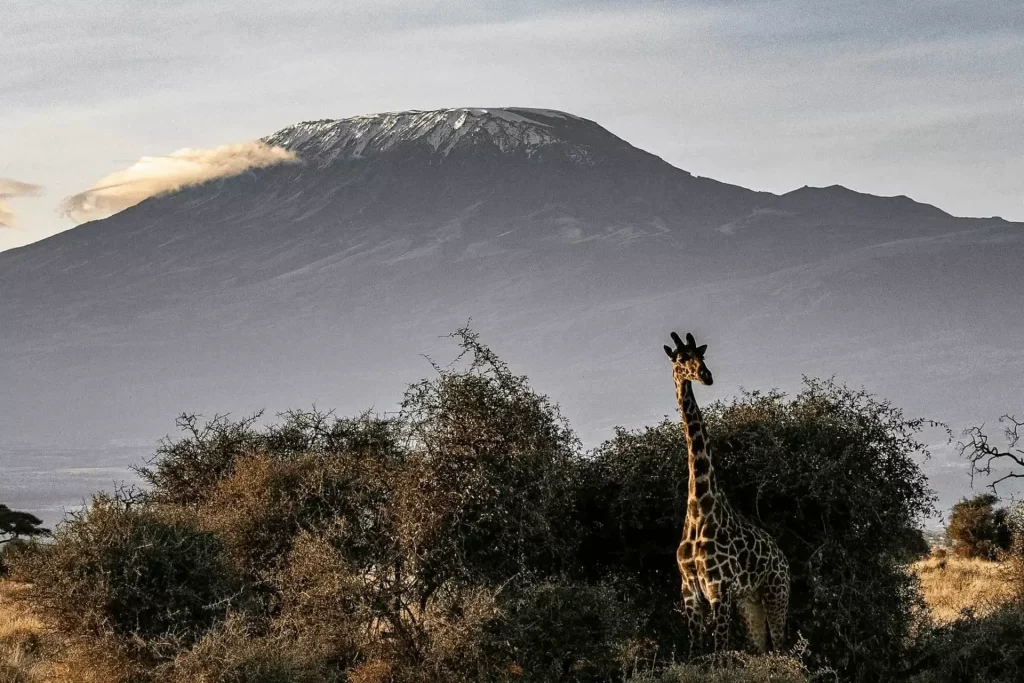
Ngorongoro Crater: A Natural Wonder with Historical Significance
Explore Ngorongoro Crater not only for its breathtaking scenery but also for its significance as a site where early hominids lived millions of years ago.
Participate in guided tours focusing on both wildlife conservation efforts and archaeological findings that highlight human evolution.
The Maasai Culture Experience
Journey into Maasai territory where you will have an opportunity to engage with one of Africa’s most iconic tribes. Participate in traditional dances, learn about their customs, and enjoy a meal prepared by local families.
Understand their pastoral lifestyle and how they coexist with wildlife in their natural habitat.
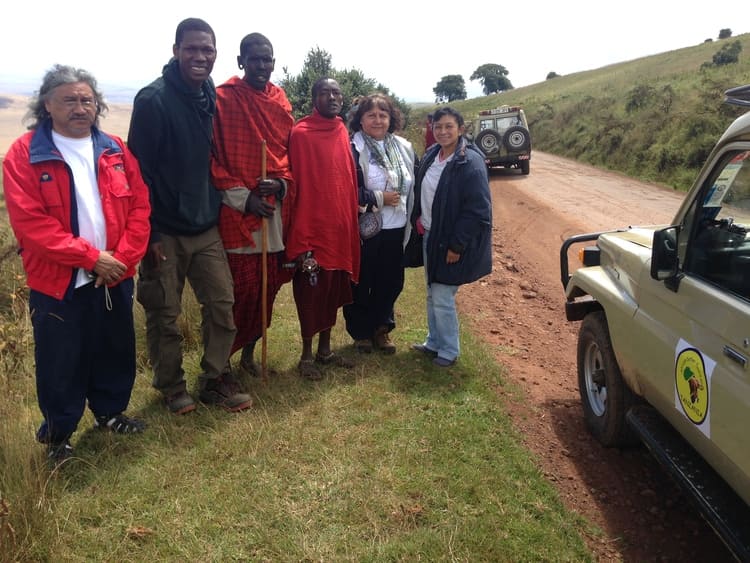
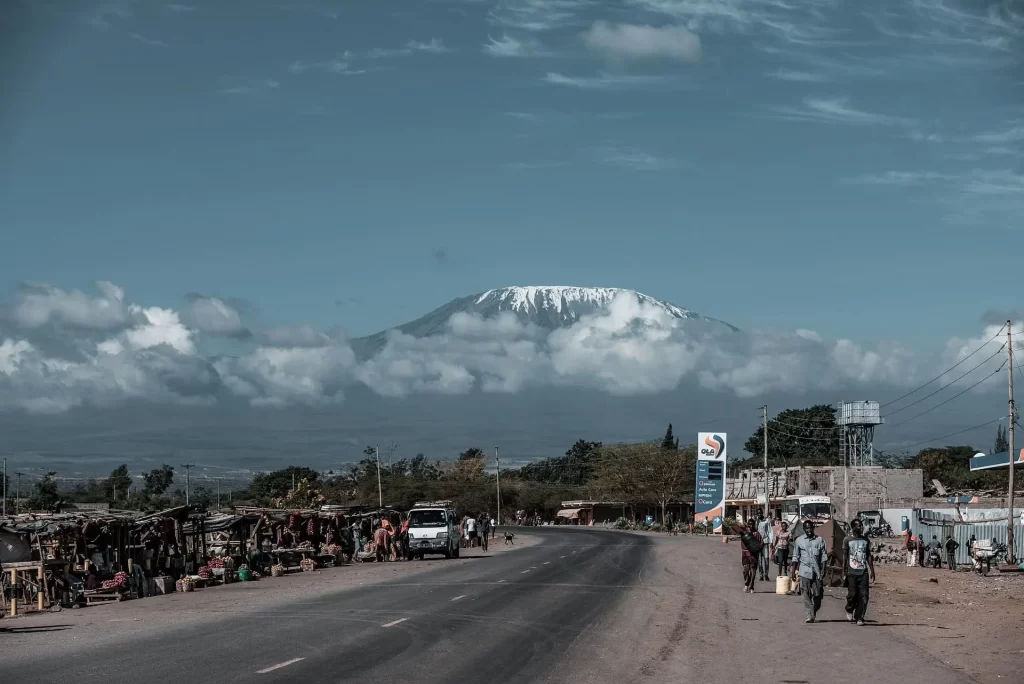
Cultural Engagement Activities
Attend workshops led by local artisans specializing in traditional crafts such as beadwork or wood carving.
Enjoy cooking classes featuring Tanzanian cuisine where you’ll learn how to prepare dishes using locally sourced ingredients.
Participate in community service projects that support local schools or health initiatives.
